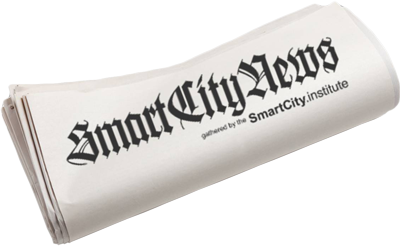Urban Resilience“Love your town!” – the resilience movement sloganCities face a host of threats: Natural disasters, technical failures or human errors, terrorism, war, cyberattacks, or simply the wear and tear of material can jeopardize our daily routines. That is why urban communities need to become resilient, i.e., “to prevent actual or potentially adverse incidents, prepare for them, take them into consideration, cope with them, recover from them, and adapt to them ever more successfully” (Acatech; authors transl.). Accordingly, resilience cannot be created by municipal governments on their own, but rather is a multifaceted task to be accomplished by society on the whole.Starting points for ensuring urban functionality and the urban quality of life exist on various levels. For example, the design of infrastructures, products, and processes, digital resilience, and the supply of basic necessities (e.g., through urban farming or urban production) are of major relevance for efforts to achieve urban resilience. However, most measures become effective primarily through the urbanites’ sense of belonging. When various threatening scenarios are analyzed, it becomes apparent that social cohesion is essential for the future viability of cities. Future viability requires broad cultural change to offset the progressive and counterproductive urban trends towards anonymity and single-person households (singularization). Coffee-to-go societies are just as incapable of coping with challenges outside of their comfort zones as slum dwellers struggling to survive. Municipal authorities should therefore encourage and incentivize opportunities for urbanites to become engaged and participate in shaping the future of their cities. Education is the most important prerequisite for achieving that goal; it arouses interest, generates concern, and motivates people to assume responsibility. Collective reactions to terrorism or natural disasters in the past years have repeatedly shown us that people basically have a sense of cohesion. Building on this, the necessary change processes can be implemented. In the study titled “Smart City – Future City?” (Etezadzadeh, 2015), this type of cultural change was analyzed in detail, also in view of the ongoing digitalization. As a result of that holistic analysis, we would like to motivate you to join the resilience movement. The Cologne slogan “love your town!” can serve as our motto! Please feel free to contact us to discuss your project. We look forward to hearing from you. Note: Would you like to use the content of this website for your own purposes? Then we kindly ask you to please cite the source. According to APA, this website can be cited as follows: Etezadzadeh, Chirine (2015). “Love your town!” – the resilience movement slogan. http://www.SmartCity.institute. Retrieved on: DD/MM/YYYY. |



